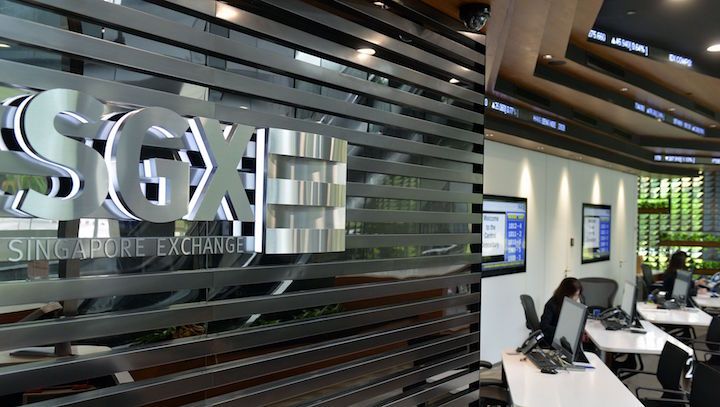Maldives sells debut US$200m sovereign bond
The Maldives has raised US$200 million from the sale of its debut sovereign bond issue in the international finance market.

03 Jun 2017, 9:00 AM
The Maldives has raised US$200 million from the sale of its debut sovereign bond issue in the international finance market.
The US dollar-denominated five-year maturity bond was listed Wednesday on the Singapore Stock Exchange. It will pay a seven percent yield to investors.
“The response from the market was extremely encouraging: the order book was oversubscribed by double,” the finance ministry said Thursday.
“With this strong debut, the government believes the bond will open the door for public and private companies in the Maldives to tap into international markets.”
Become a member
Get full access to our archive and personalise your experience.
Already a member?
Discussion
No comments yet. Be the first to share your thoughts!
No comments yet. Be the first to join the conversation!
Join the Conversation
Sign in to share your thoughts under an alias and take part in the discussion. Independent journalism thrives on open, respectful debate — your voice matters.




